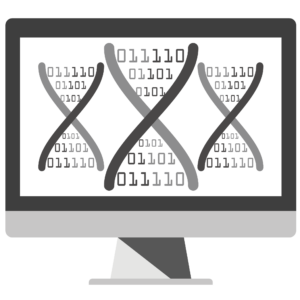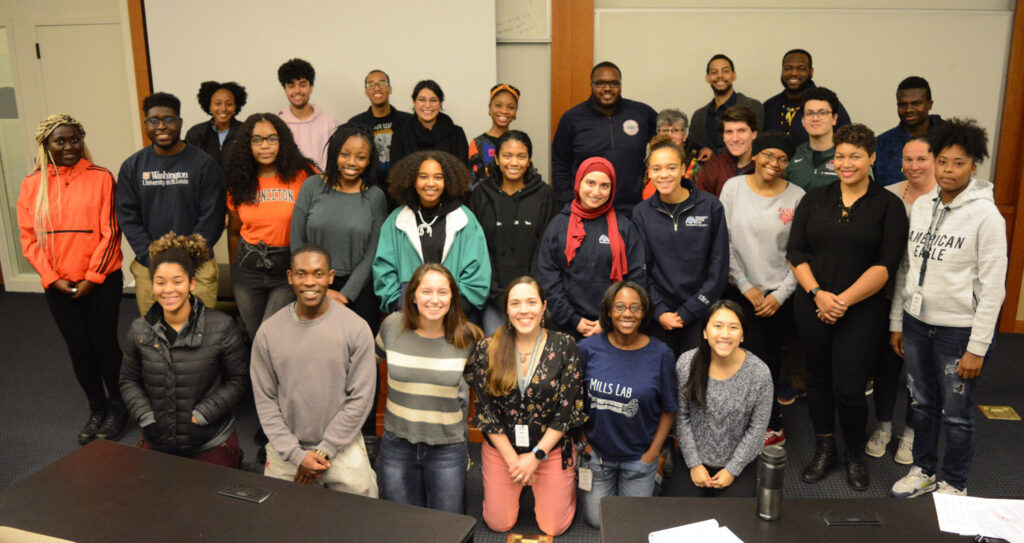Our department offers outstanding training and guidance in the field of genetics.
We enthusiastically invite undergraduate and graduate students, postdoctoral scholars, and visiting scientists to join our research community. Our faculty members are committed to nurturing the professional growth of individuals within their labs and are renowned for their expertise in genetics, genomics, molecular biology, and genetic research methodologies.
Graduate Programs
Most graduate students in the Genetics Department are participants in the Division of Biological and Biomedical Sciences (DBBS) programs. This umbrella PhD program, initiated in 1973, has proven to be an influential model for numerous cross-disciplinary PhD research programs nationwide, including genetics.

Computational & Systems Biology
The goal of the Computational & Systems Biology (CSB) program is to train the next generation of scientists in technology-intensive, quantitative, systems-level approaches to molecular biology. We look for graduate students who are as comfortable operating the latest high end instrumentation as they are manipulating the mathematical formalisms that are required to make sense of their data. It is our hope that the students who join the CSB will apply these approaches to unraveling the complex genetic circuits that control the cell and statistical approaches to understanding the genetics of human disease. Learn More

Molecular Genetics & Genomics
Geneticists seek to understand how genes are inherited, modified, expressed and regulated, as well as the genetic basis of human disease. The field of genetics and genomics has been astonishingly successful in deciphering the genetic code and providing us with a clear picture of the nature of the gene, but much remains to be learned about fundamental genetic mechanisms and how specific gene mutations lead to disease. How is it that only the appropriate genes are turned on in a particular cell type? How do cells replicate their genes with remarkable speed and fidelity? By what processes do genes become altered to drive evolution or cause disease? Uncovering answers to such fundamental questions makes genetics and genomics an exciting and important field of biology. Learn More

Neurosciences
Washington University in St. Louis has a long tradition of excellence in the neurosciences. Here, Erlanger first measured nerve conduction velocity and its relation to axon diameter. In the 1950s, Levi-Montalcini, Cohen and Hamburger discovered the first neuronal trophic factor, nerve growth factor. Today, a large and interactive faculty focuses interest on almost every area of modern neuroscience ranging from molecular analysis of ion channels to positron emission tomography of the human brain to the genetics of human brain diseases. Learn More
Within the DBBS, there are a total of 12 separate and self-contained PhD programs, with the Genetics Program being one of the prominent ones. DBBS students benefit from a broad pool of over 550 faculty mentors spanning across the School of Medicine. Additionally, faculty members in the Genetics Department are also actively involved in mentoring PhD students from various other DBBS programs.
Postdoctoral Research
The genetics department at Washington University School of Medicine is dedicated to attracting talented young researchers and fostering an environment that supports their growth and development.

Postdoctoral researchers play a crucial and essential role in Genetics Department’s research endeavors.
Educational Outreach
For nearly three decades, the Genetics Department has passionately pursued the path of science education and outreach, participating in innovative programs that elevate the impact of teaching and learning for our entire community.
